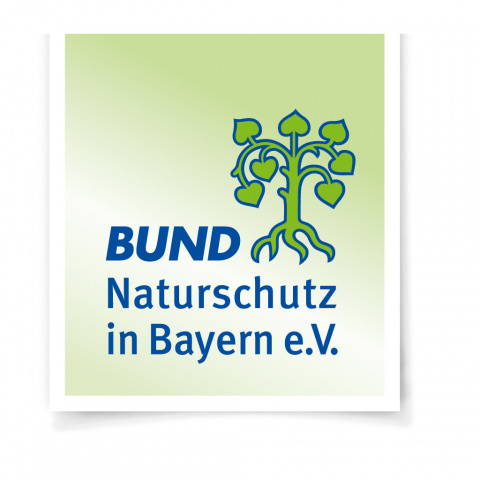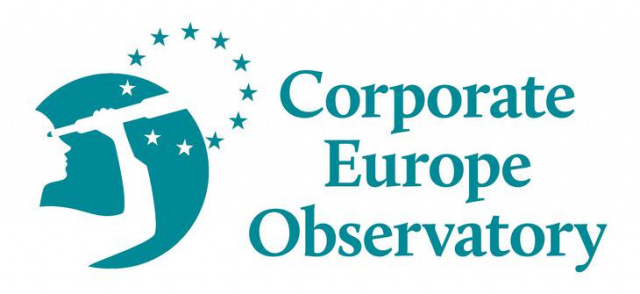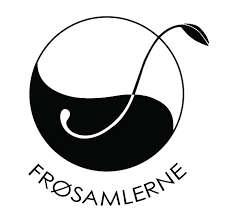[Veuillez trouver la version française ici.]
23 April 2020 / No Patents on Seeds! published a new report today on patent applications for conventional plant and animal breeding which, according to European patent law, are excluded from patentability. Nevertheless, from beginning of 2018 until the end of 2019, more than 100 patent applications were filed on conventional breeding. In the report we present eleven examples in more detail, highlighting cases of biopiracy, claims on vegetables, beer and barley and farm animals. If conventionally bred plants and animals are patented as ‘inventions’, they cannot be used for further breeding without the permission of the patent holder. However, access to biological diversity is crucial for breeding.
“We found examples such as specific pepper plants, originally collected in Mexico, whose use in breeding could now be covered by monopolistic patent claims. Other examples concern natural resistance to plant diseases derived from wild populations of basil, musk melons with intensely red coloured flesh, and endive plants with reduced browning after harvesting,” says Katherine Dolan from ARCHE NOAH. “Such methods of plant breeding are in no way technical inventions.”
There are further patent applications claiming spinach, maize, tomatoes, alliums, artichokes, eggplants, beet, broccoli, cassava, cauliflower, celery, cotton, potatoes and rice. Patent applications were also filed for animals used in food production covering cattle, pigs, sheep, horses, goats, rabbits and poultry.
All the examples are derived from conventional methods of breeding, based on random processes and crossing and selection, but not on genetic engineering. While at the moment, these are just pending applications, many will be granted if the legal chaos at the European Patent Office (EPO) is not resolved.
The wording of European patent law prohibits the patenting of non-technical breeding. However, a decision taken in 2017 by the Administrative Council at the EPO, created a great deal of legal uncertainty, which prohibited some, but not all, patents on plants and animals derived from conventional breeding. In addition, in 2018, as a result of a patent on pepper, the EPO ruled that in general patents could be granted on all plants and animals derived from conventional breeding. Faced by its own legal contradictions, the EPO in 2019, ceased all further patenting in the field of conventional breeding. Now, in 2020, it is expected that further decisions will be taken.
“The No Patents on Seeds! report shows how companies will try to expand their control of food production in Europe if the current problems are not solved, and no clear distinction is made between technical inventions or random processes,” Christoph Then says for No Patents on Seeds!
No Patents on Seeds! demands that the ‘freedom to operate’ is safeguarded for all European breeders, gardeners and farmers involved in conventional breeding, growing and conservation of food plants and farm animals. Access to biological diversity needed for further breeding must not be controlled, hampered or blocked by patents.
Contact
- Christoph Then, Spokesperson No Patents on Seeds!, Tel +49 (0) 151 54638040, info@no-patents-on-seeds.org
- Johanna Eckhardt, Project coordination No Patents on Seeds!, Tel + 43 (0) 680 2126343, johanna.eckhardt@no-patents-on-seeds.org
- Katherine Dolan, Head of Policy, ARCHE NOAH, Tel +43 (0) 676 557 4408, katherine.dolan@arche-noah.at
Further information













